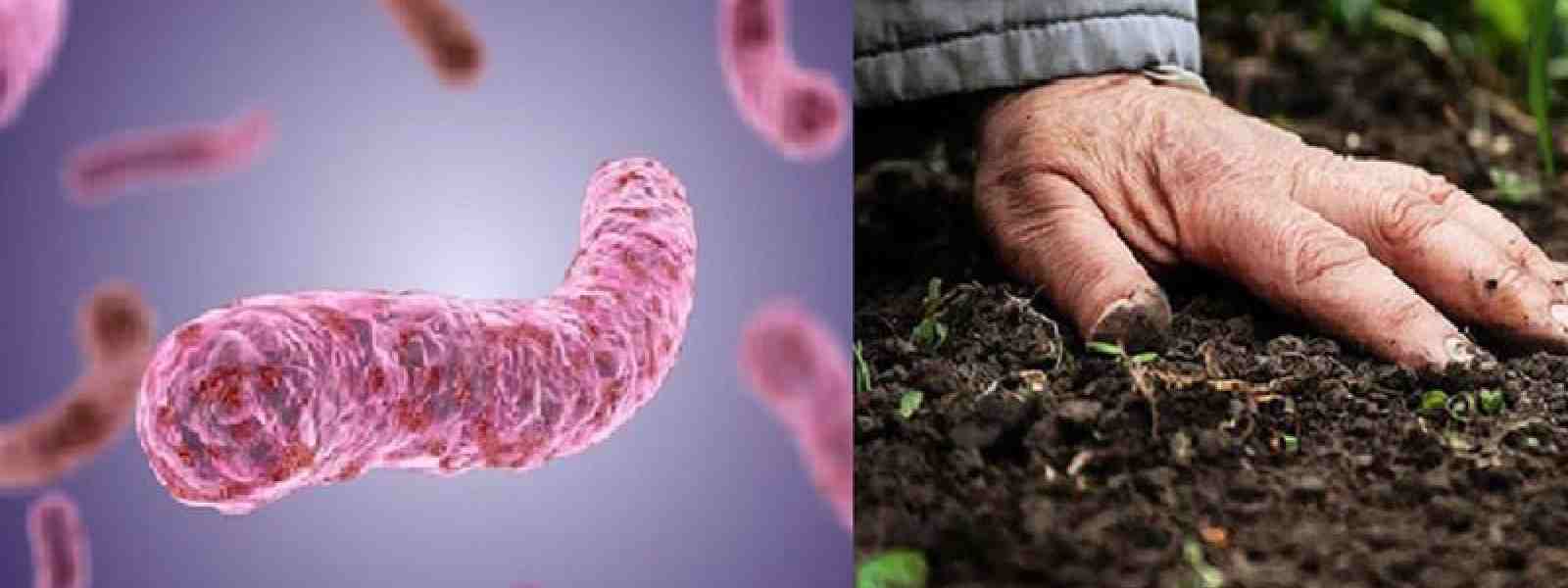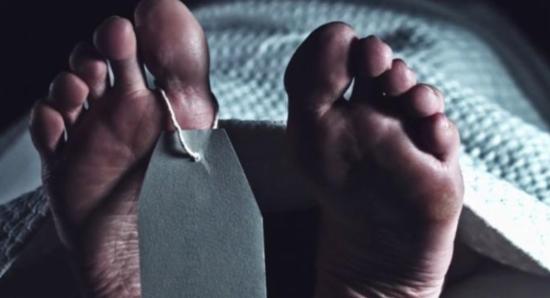.webp)

Melioidosis spreading in Sri Lanka, warns SLMA
COLOMBO (News 1st); The Sri Lanka Medical Association warned that Melioidosis, also called Whitmore's disease, is spreading in Sri Lanka.
The disease is caused by the bacteria Burkholderia pseudomallei or B. pseudomallei, which is found in contaminated soil and water.
The Sri Lanka Medical Association warned that this disease could turn deadly.
People can get melioidosis through direct contact with contaminated soil and water.
Humans believed to acquire the infection by ingestion of contaminated water, and ingestion of soil-contaminated food or other contact with contaminated soil, especially through skin abrasions.
"The first sign is usually pneumonia. At times, you must experiences an uncomfortable situation in the lungs, and liver. There may be complications in the joints as well. This can also affect the brain, and it is impossible to say which organ will be affected. If we continue to administer standard treatment, the patient may die," said Dr. Bhagya Piyasiri, a Consultant Microbiologist.
Symptoms:
Symptoms of melioidosis will usually appear between 1 and 21 days after exposure.
Symptoms can be sudden, but can also start slowly.
The first sign is usually an infection in the chest, called pneumonia.
You might also experience breathing difficulties, a cough that brings up mucus and a fever.
Other symptoms can include:
headache
confusion
difficulty passing urine for men
joint pain or swelling
skin sores that don’t heal.
It can affect different parts of your body, based on how you got infected with it.
Symptoms can last for 2 or more months.
Some people get chronic melioidosis, this means symptoms can be long lasting.
In rare cases, you may become ill several years after coming into contact with the bacteria. This happens when the bacteria stays inside your body, but only causes sickness if your body's defense system gets weaker.
Melioidosis is a dangerous illness, it can be life threatening. If you experience any of these symptoms, it is important to go to a doctor as soon as possible.
Other Articles
Featured News





.png )





-755421-755635_550x300.jpg)



-755617_550x300.jpg)
-755574_550x300.jpg)
.gif)








.webp)






